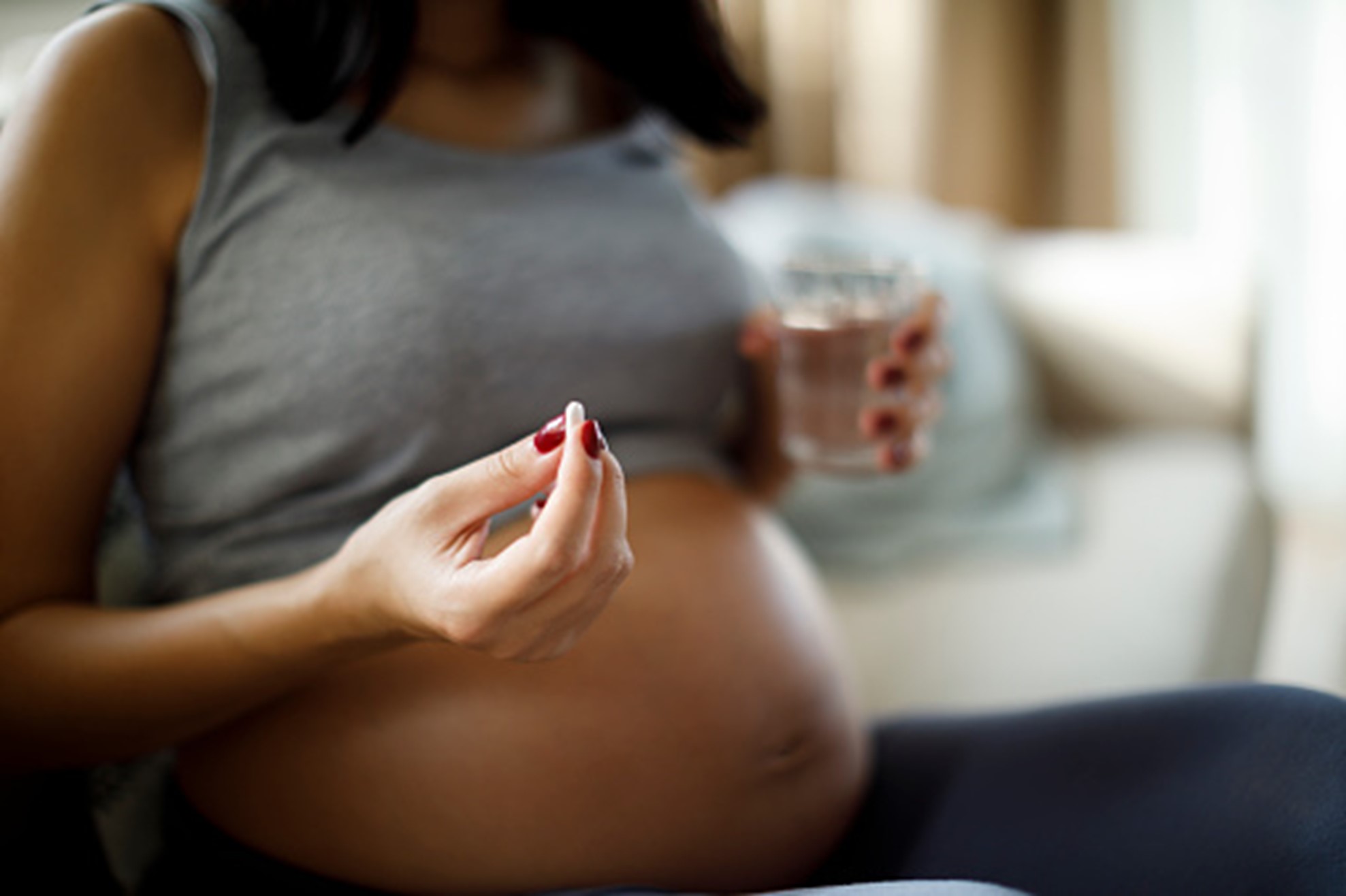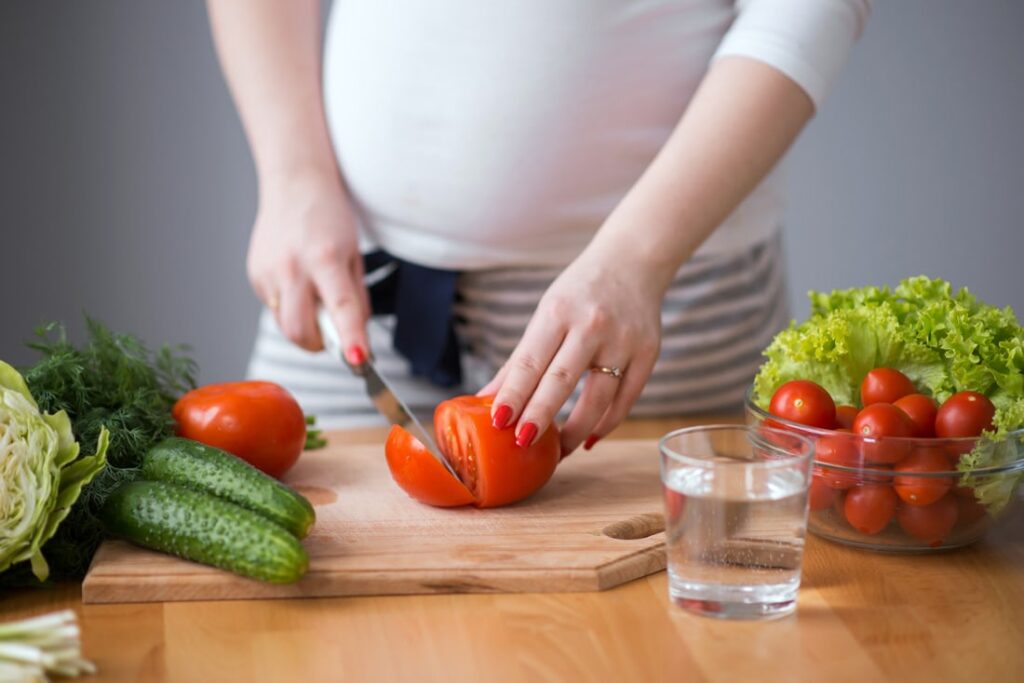Starting a family is an exciting time, but for some women, conceiving can be a challenge. While many factors can impact a woman’s ability to get pregnant, ensuring that you have adequate levels of certain vitamins and minerals can help support your fertility. In this article, we’ll explore the vitamins and supplements that have been shown to boost fertility and help women get pregnant.
Folic Acid
Folic acid is a B vitamin critical for a fetus’s healthy development. If taken before and during pregnancy, folic acid supplements help reduce birth defects such as neural tube defects.
The recommended dose of folic acid for women who are trying to conceive is 400-800 micrograms per day. You can find folic acid in fortified cereal, leafy greens, and supplements.
Iron
Iron is an important mineral that helps your body produce hemoglobin. Low iron levels can lead to fatigue and decreased fertility. Red meat, fish, poultry, legumes, and iron-fortified cereals are good sources of iron.
Vitamin C
Vitamin C is an antioxidant that can improve sperm quality and protect sperm from damage. Vitamin C supplement helps to improve sperm motility and increases the chance of getting pregnant. Citrus fruits, bell peppers, and strawberries have a high amount of vitamin C.
Zinc
Zinc is a mineral that is essential for the production of sperm and the development of a healthy fetus. Zinc is also involved in the regulation of ovulation and can impact fertility. Beef, oysters, and chickpeas are good sources of Zinc.
Co-enzyme Q10
Co-enzyme Q10 is an antioxidant that is involved in energy production, and studies have shown that it improves the quality of the egg in women who undergo in vitro fertilization (IVF). Taking a co-enzyme Q10 supplement can improve egg quality and increase the chances of getting pregnant.
Inositol
A carbohydrate called Inositol is involved in insulin signaling and has been shown to improve ovulatory function in women with polycystic ovary syndrome (PCOS). Taking an inositol supplement can improve ovulatory function and increase the chances of getting pregnant in women with PCOS.
An insight from mamahood
If you’re trying to conceive, ensuring that you have adequate levels of certain vitamins and minerals can help support your fertility and increase your chances of getting pregnant. Folic acid, Iron, Vitamin C, Zinc, Co-enzyme Q10, and Inositol are all important for fertility and should be included in your preconception care plan. Talk to a doctor about the right vitamins and supplements for you and be sure to eat a balanced diet rich in fruits, vegetables, whole grains, and lean protein. Remember that while these vitamins and supplements can help boost your fertility, they are just one piece of the puzzle. Other factors, such as stress, weight, and lifestyle, can also impact your ability to get pregnant. So be sure to take care of yourself and focus on creating the best environment for a healthy pregnancy








